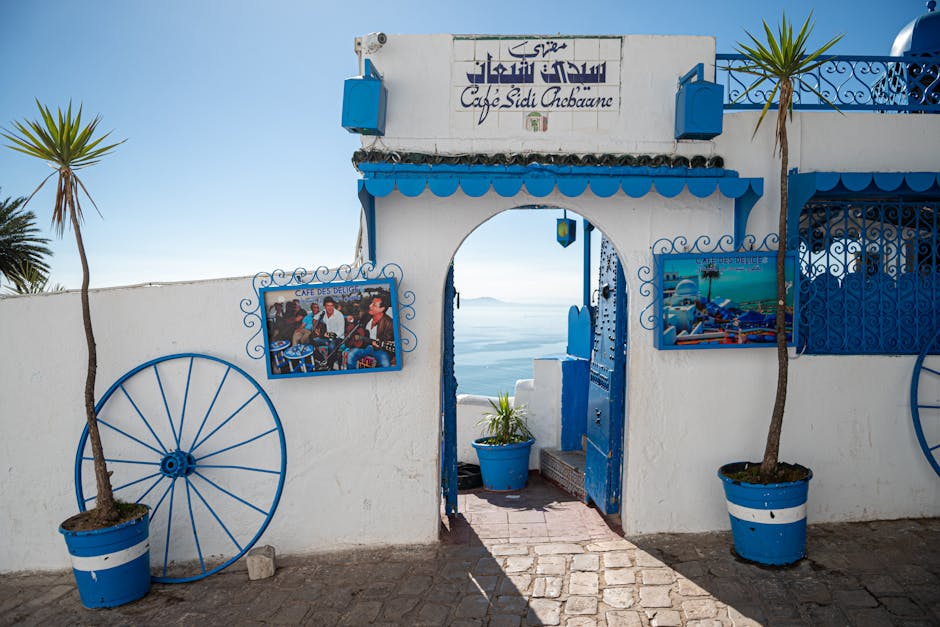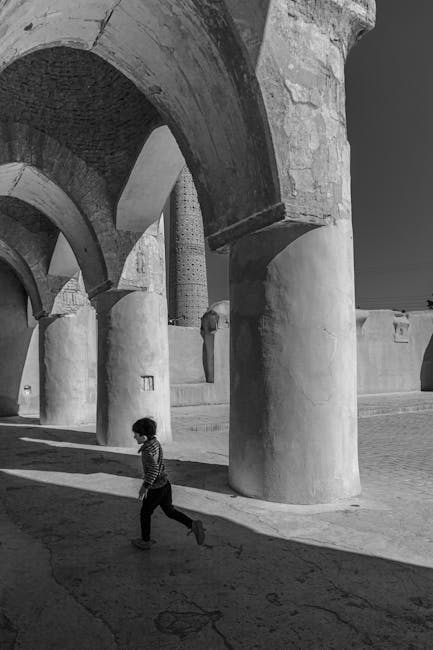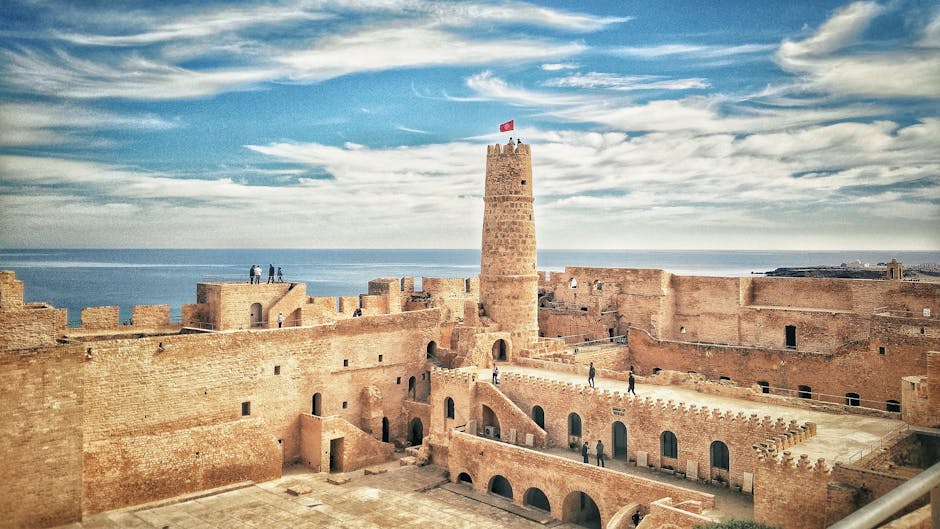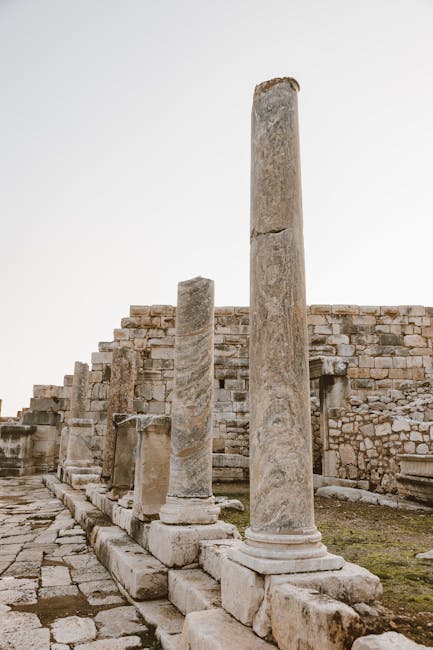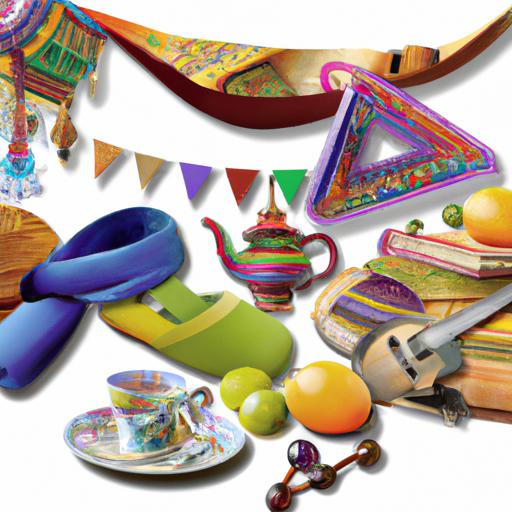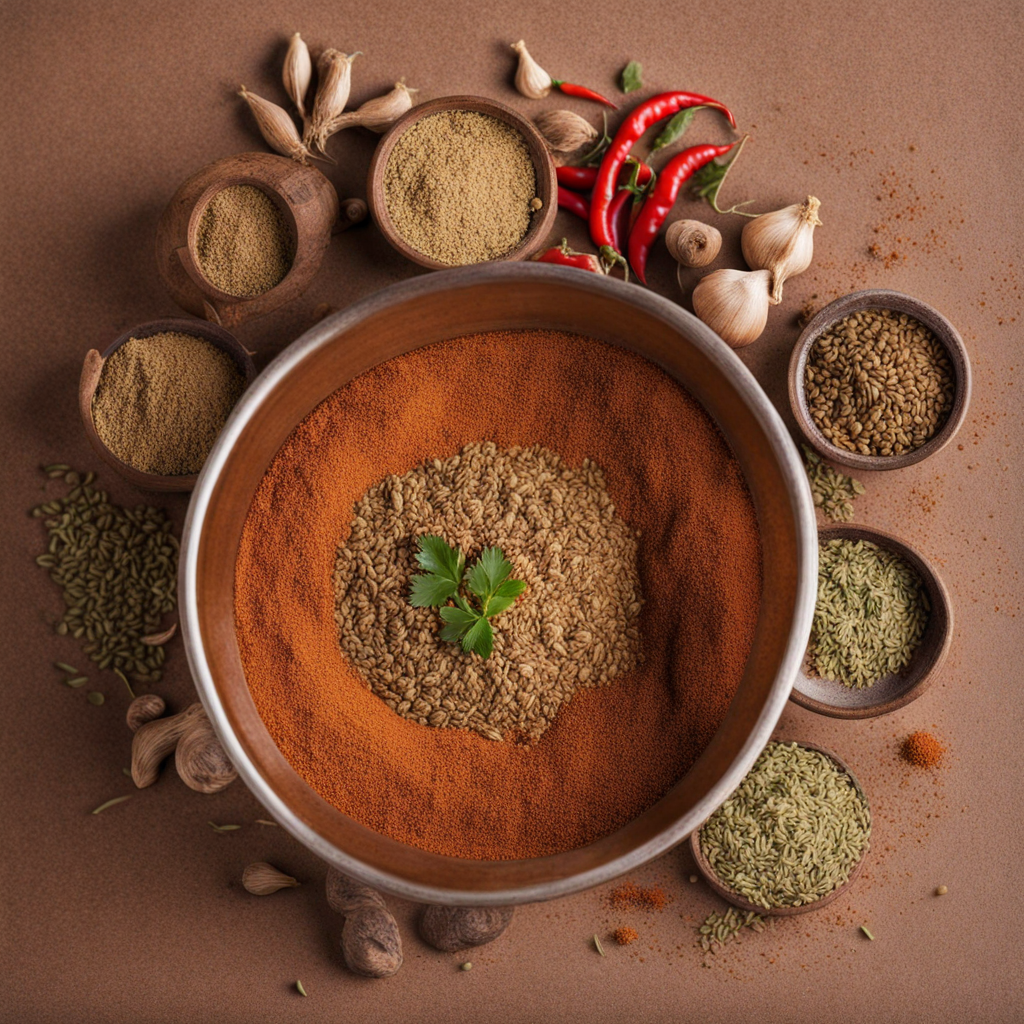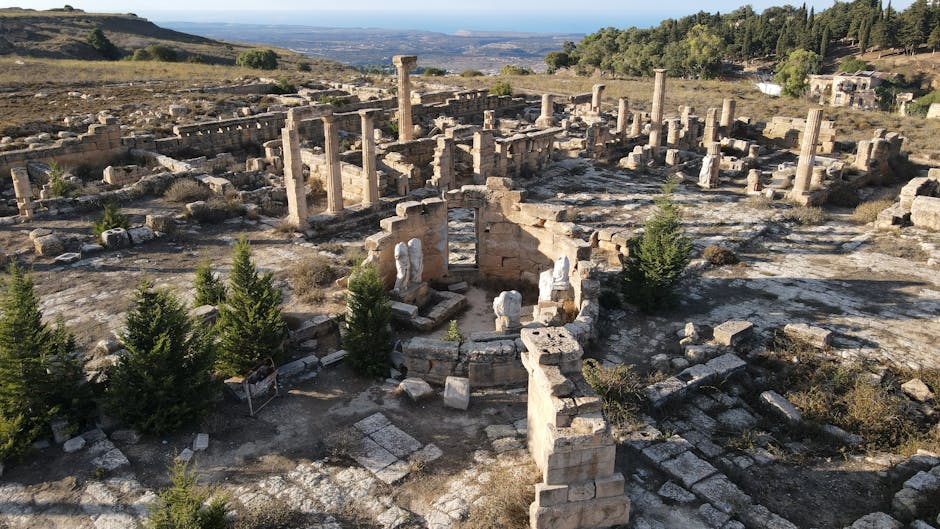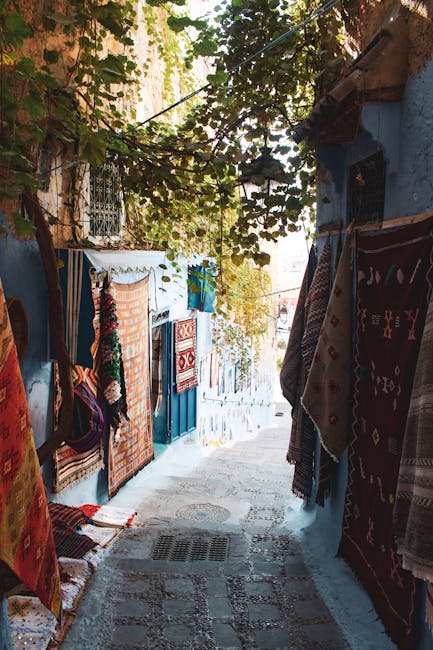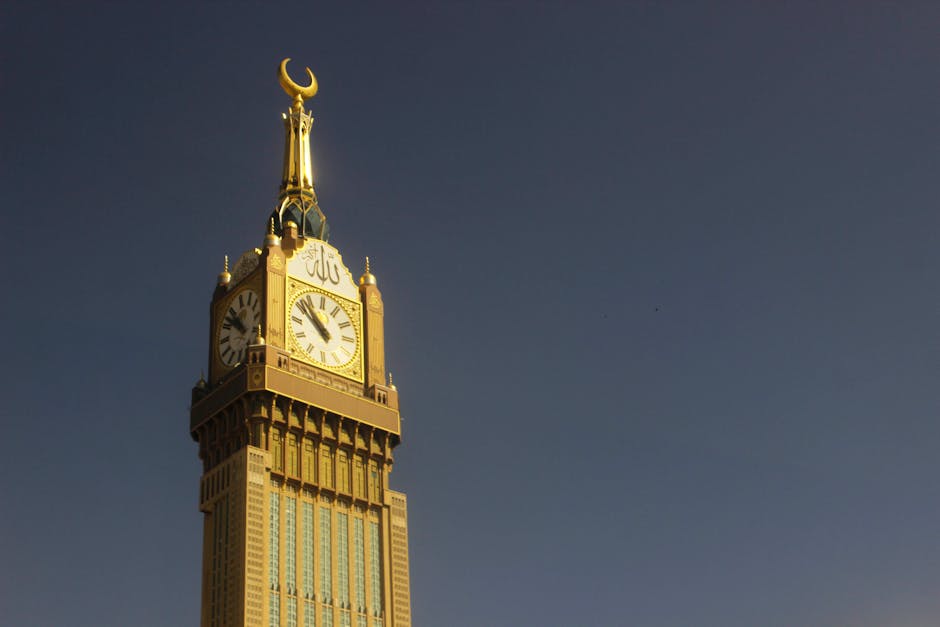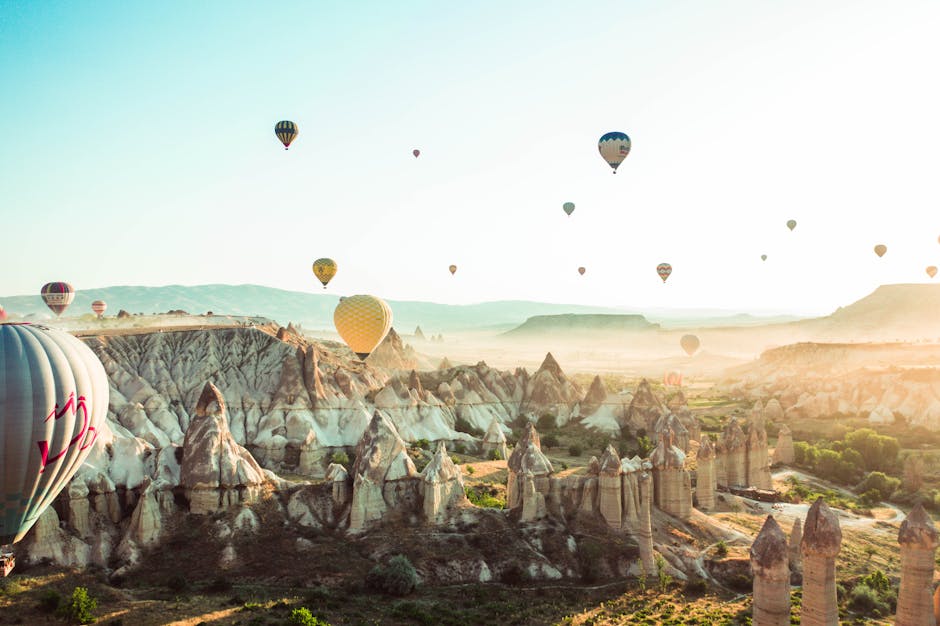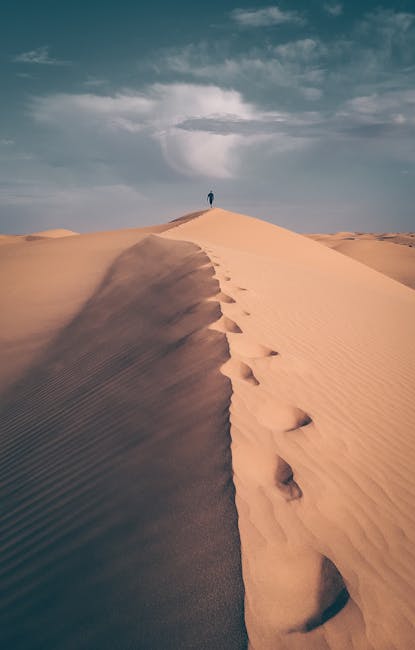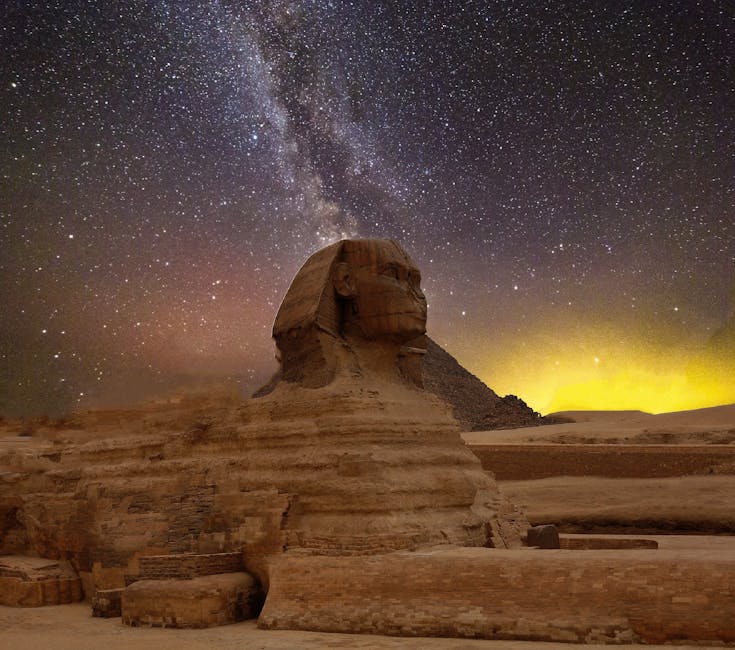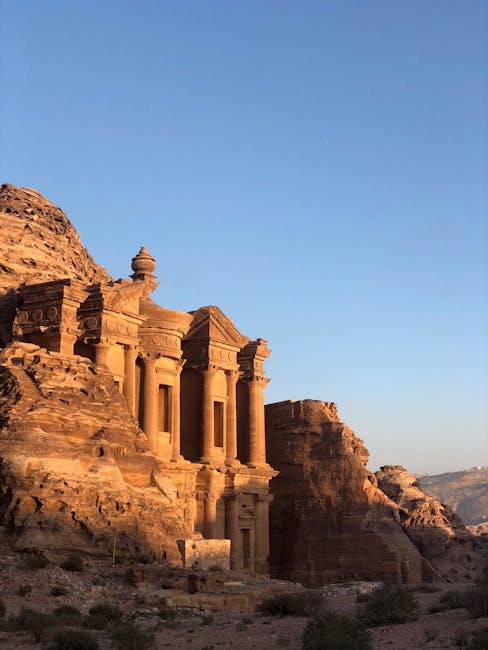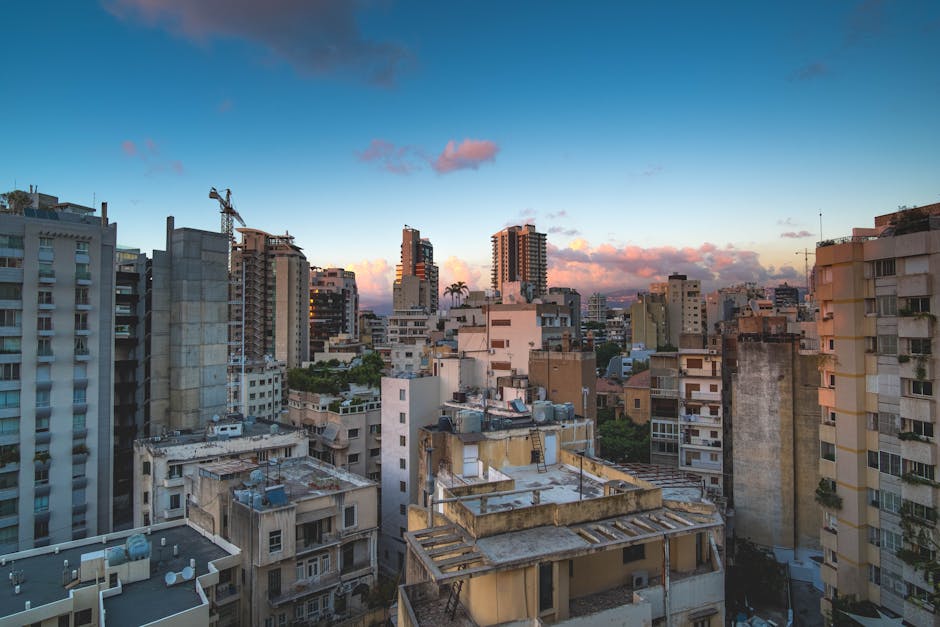Tunisia
Overview
Firstly, Tunisia, located in North Africa, is a country that boasts a rich tapestry of cultures, landscapes, and histories. Its unique location, sandwiched between the Mediterranean Sea and the Sahara Desert, has made it a crossroads of several civilizations including the Berbers, Romans, Arabs, Ottomans, and French. This blend of influences is evident in its diverse architecture, cuisine, music, and traditions. Visitors will be enchanted by the maze-like medinas, ancient Roman ruins, and the stunning beaches along its coastline. The Tunisian culture prides itself on its warm hospitality and their love for vibrant festivals and a lively arts scene, making it a truly unique destination.
Secondly, the high season for tourism in Tunisia is from April to June and September to early November, when the weather is comfortably warm and dry. This is a perfect time for various outdoor activities such as exploring the ancient city of Carthage, wandering the blue and white streets of Sidi Bou Said, camel trekking in the Sahara, or simply relaxing on the beautiful beaches of Djerba. The country also offers a variety of water sports like scuba diving and windsurfing. Moreover, during this time, visitors can partake in several cultural festivals such as the International Festival of Carthage that showcases music and theatre performances from around the world.
Lastly, preparation is key to make the most out of your visit to Tunisia. Travelers should ensure they have a valid passport, and depending on their country of origin, a visa may be required. While the local currency is the Tunisian Dinar, credit cards are widely accepted in urban areas. It's advisable to learn a few basic Arabic phrases, although French and English are widely spoken. Pack light clothing for the hot weather but also conservative attire for religious sites. Lastly, remember to get comprehensive travel insurance and check with your healthcare provider about any necessary vaccinations. A well-planned trip will not only make your journey smoother but also enrich your cultural experience in Tunisia.
A Glimpse into the Past
Tunisia, located in North Africa, is a land rich in history that dates back thousands of years. The country boasts a unique blend of cultures and civilizations, making it a fascinating destination for travelers. From the ancient Phoenicians to the Romans, and later the Islamic empires, Tunisia's past is woven into its vibrant present.
One of the most significant ancient sites in Tunisia is Carthage, located just outside the capital city of Tunis. Founded by the Phoenicians in the 9th century BCE, Carthage was a powerful maritime city-state that rivaled Rome. Travelers can explore the impressive ruins, including the remnants of the Punic Ports, the Antonine Baths, and the tophet, a sacred burial site. The site offers a glimpse into the life of a civilization that was both a hub of trade and a springboard for conflict, especially during the Punic Wars against Rome.
Moving on from Carthage, visitors can immerse themselves in the history of the Roman Empire at the well-preserved ruins of El Jem. This Roman amphitheater, built in the 3rd century CE, is one of the largest in the world and could seat up to 35,000 spectators. It’s a testament to the engineering prowess of the Romans and is a UNESCO World Heritage Site. The amphitheater's grandeur is complemented by a museum nearby that houses an impressive collection of mosaics, offering insights into daily life during Roman times.
Further south lies the city of Kairouan, considered the fourth holiest city in Islam after Mecca, Medina, and Jerusalem. Established in the 7th century, Kairouan is a pilgrimage site, known for its stunning Great Mosque, which dates back to 670 CE. The mosque's architecture is a blend of various styles, featuring a grand minaret and intricate tile work. The city itself is a vibrant hub of Islamic culture, where visitors can stroll through narrow alleyways, visit traditional markets, and admire the unique local craftsmanship.
Another remarkable historical site is Dougga, a UNESCO World Heritage Site that showcases one of the best-preserved Roman cities in North Africa. The site features impressive structures, such as the Capitol, the theater, and the villas adorned with intricate mosaics. Dougga provides a captivating glimpse into the daily life of its ancient inhabitants, surrounded by stunning views of the surrounding countryside.
Tunisia's history is also deeply intertwined with its Islamic heritage. The Medina of Tunis is a UNESCO World Heritage Site that exemplifies the country's rich Islamic history. Walking through the narrow streets, travelers will encounter traditional souks, where artisans sell handmade crafts, spices, and textiles. The architecture of the buildings, with their intricate tile work and ornate doorways, reflects the Moorish influence that permeates the city. Don’t miss the opportunity to visit the Zitouna Mosque, which is one of the oldest mosques in Tunisia, dating back to the 8th century.
The coastal city of Sousse is another highlight for travelers interested in Tunisia's history. The Sousse Medina, also a UNESCO World Heritage Site, showcases a blend of Berber, Arab, and Ottoman influences. Its well-preserved ramparts and the Ribat, a fortress, tell stories of defense and trade. The city is famous for its beautiful beaches, but history enthusiasts will appreciate the archaeological museum that houses artifacts from the Roman and Islamic periods.
Travelers interested in the medieval period will find Mahdia fascinating. Once the capital of the Fatimid Caliphate in the 10th century, Mahdia is known for its beautiful coastal position and its historic medina. The city’s fortifications and the impressive Borj El Kebir offer stunning views of the Mediterranean Sea. Mahdia is also known for its traditional fishing port, providing an authentic glimpse into local life.
Tunisia's modern history is marked by the struggle for independence from French colonial rule, which began in the late 19th century and culminated in 1956. The capital, Tunis, is home to the Bardo National Museum, which houses a vast collection of Roman mosaics and artifacts from various periods of Tunisian history. This museum is a must-visit for those looking to understand the rich tapestry of Tunisia’s past.
The post-independence period has seen Tunisia navigate various political changes, culminating in the Arab Spring of 2011. The revolution began in Tunisia and sparked movements across the Arab world. The Avenue Habib Bourguiba in Tunis is a symbolic site where many protests took place, showcasing the country’s ongoing commitment to democracy and social change. Travelers can explore the area and reflect on Tunisia's journey towards modernity.
Beyond its historical sites, Tunisia's diverse landscapes also tell a story. The Sahara Desert offers an entirely different experience, with its stunning dunes and nomadic culture. Visitors can take a desert tour to explore traditional Berber villages and experience the unique lifestyle of those who inhabit this arid region. The town of Matmata, famous for its troglodyte dwellings, provides an extraordinary insight into how people adapt to their environment, showcasing homes carved into the earth.
Finally, no trip to Tunisia would be complete without a visit to Tozeur, known for its palm groves and as a gateway to the Sahara. The town is famous for its unique architecture, characterized by the use of bricks made from the local clay. The nearby Chott el Jerid, a vast salt flat, creates a surreal landscape that attracts photographers and adventurers alike. Tozeur serves as a base for excursions into the desert, where travelers can experience the beauty and vastness of the Sahara.
Tunisia's rich history, cultural diversity, and stunning landscapes make it a captivating destination for travelers. From the ancient ruins of Carthage and Dougga to the vibrant medinas of Tunis and Kairouan, the country is a living museum that tells the stories of its past. Whether exploring the coastal cities or venturing into the heart of the Sahara, visitors will find that Tunisia is a place where history comes alive, inviting exploration and discovery at every turn.
Top cities for tourists in Tunisia
Discover the Famous Cities That Might Captivate Your Interests
Must-Try Foods You Can't Afford to Miss
Indulge in a Variety of Fantastic Foods During Your Stay in Tunisia
May Be Your Next Destinations
People often choose these countries as their next destination


